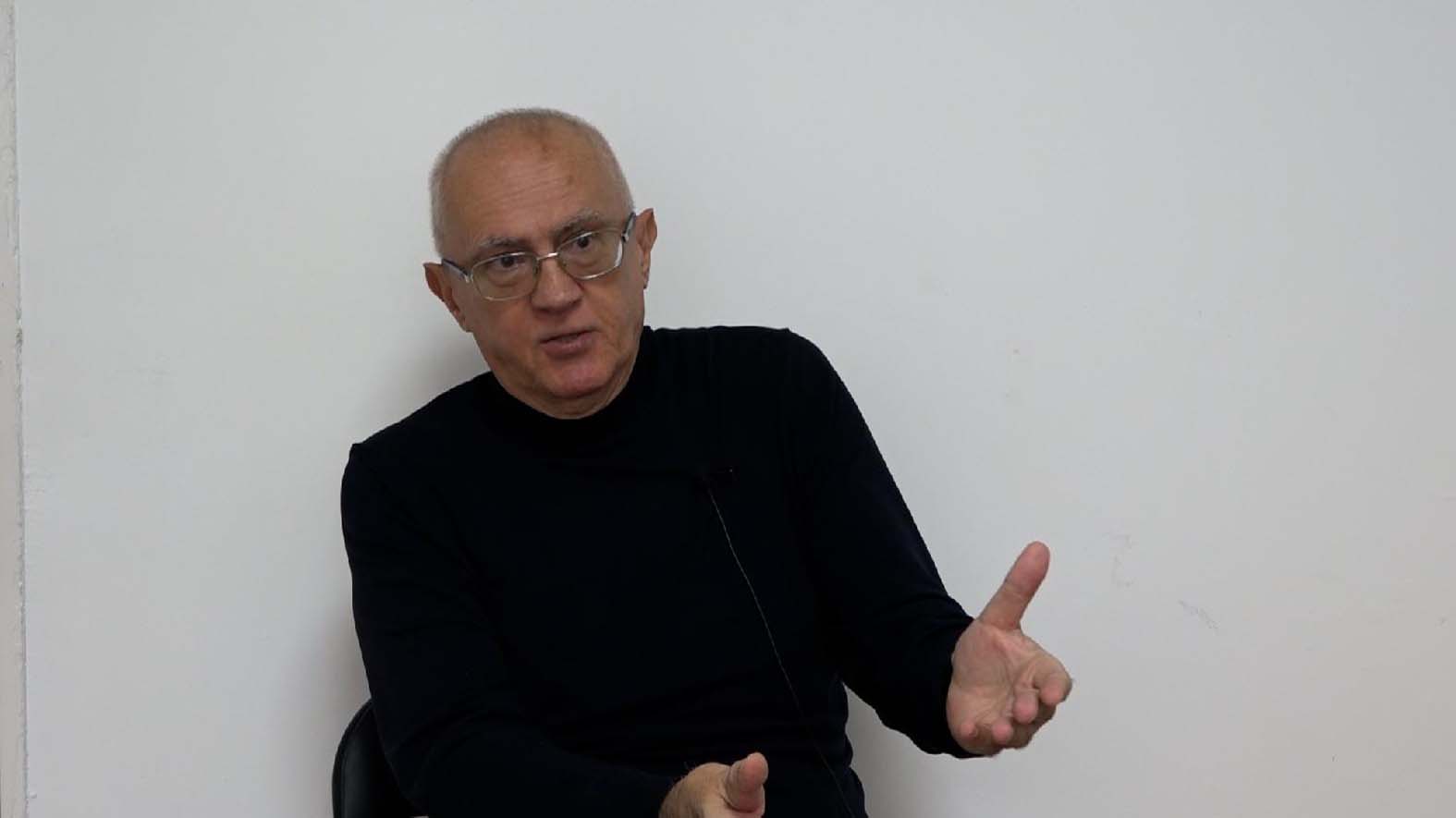What does stress make the body and how it can be useful – BBC News in Serbian

Most adults regularly experience symptoms of stress, from headaches to anxiety.
While a certain level of stress can be useful, chronic stress has a ruin influence on the body.
Experts state that stress can directly contribute to the development of many psychological and physiological disorders, thus violating mental and physical health and reduces the quality of life.
However, it is possible to take control and convert stress in the source of resistance, instead of exhaustion.
What is stress and why are we experiencing him?

Stress is a natural reaction that prepares the body to respond to challenges and requirements.
He launches the release of hormones preparing an organism for dealing with difficult situations.
Short-term, this reaction can improve attention and increase the ability to perform tasks.
However, long-term stress leads to serious health problems, including anxiety, heart disease and impaired immunity, states American Association of Psychologists.
Stress factors, among which job, financial problems and interpersonal relations are often inevitable, but a key difference is in the period of stress.
Acute stress is short-lived and can be useful, while chronic stress leaves a long-lasting negative trail on the body.
The difference between acute and chronic stress

« Acute stress is a short-lived response to a certain situation and in some cases it can be useful, » says BBC psychotherapist Rachel Vora, a member of the British Association for Counseling and Psychotherapy.
« Stress starts a reaction ‘Fight or fleeing, releasing adrenaline and cortisol, which can improve attention and temporarily strengthen the immune system ».
Acute stress, if properly controlled, does not cause long-lasting damage and can help people carry successfully with current challenges.
However, chronic stress creates a long-term burden for the body.
The leader explains that when the stress lasts longer periodic time, high stress hormone levels increase the risk of heart diseases, weak immune systems and contribute to digestive disabilities such as nervous bowel syndrome and ulcers.
Chronic stress is also strongly associated with anxiety and depression, weakened cognitive function, sleep disorder, and accelerated aging organism.
The leader says that the differences in duration and manage is what determines whether stress is chronic, which gradually damages multiple organ systems.
How does stress affect the body?
The British National Health Service (NHS) explains that stress drives a number of physical reactions due to the release of stress hormones, primarily cortisol and adrenaline.
Some of these reactions are:
- Increased heart beats and elevated blood pressurewhich ensures that the blood rich in oxygen quickly reaches the muscles.
- Elevated blood sugar level which mementally increases energy.
- Suppression of digestion and immune system functions What does the body redirect energy to deal with direct challenges.
However, long-lasting stress can be harmful.
Chronic activation of stress answers is associated with:
- By increasing body weight, especially in the area of the stomach, due to constantly elevated cortisol levels.
- Difficulties with memory and concentration due to long-term exposure to stress hormones.
- Silence disorders that hinder the body’s ability to recover and regenerate.
The NHS warns that persistent stress can contribute to the development of long-term conditions, such as heart diseases, digestive disorders and mental problems, including anxiety and depression.
Can stress be useful?
« Resistance is not something you simply have or not – it is a skill that can develop over time, » explains Dr. Golnaz Tabibni, researcher at the University of California in Ervajn.
Active dealing with challenges instead of avoidance, it helps to build resilience, it adds.
Dr. Tabibni believes that when people stress see as useful, not harmful, weakens their physiological response to stress.
A simple change in thinking can make miracles – reduce anxiety and improve cognitive functions.
« Active dealing with stress, instead of passive avoidance, changes the way the brain deals with stressful situations, which makes it more resilient at future stress causes, » she explains.
« It’s similar like in the gym: raising weights is stressful, but makes us stronger. »
The difference between stress and anxiety

BBC asked the organization Anxiety UKa national humanitarian organization that provides support to people who suffer from anxiety disorders, to explain the key differences between stress and anxiety.
Stress is a reaction to an external situation, such as the term at work, a driver’s exam or college exam, responded from this organization.
Stress is proportional to the challenge and disappears as soon as the problem is solved.
Anxiety, however, can exist even without an obvious cause.
Although anxiety is a normal emotion that helps people be careful in dangerous situations, it becomes a problem when it is excessive or interfering with everyday life.
And stress and anxiety activate the sympathetic nervous system responsible for the response of the organism « fighting or running », which increases vigil and energy to deal with threats.
This means that both stress and anxiety can cause symptoms such as accelerated heart’s work, sweating and shaking, but anxious disorders usually last longer and more intensely.
To manage acute episodes of anxiety and panic attacks, Anxiety UK organizations recommends breathing exercises.
One simple, but an effective technique is to extend the issue in relation to breath, which sends the signal to the body to relax, which is quickly soothing the nervous system.
How to successfully manage stress

Academic research has shown that certain habits in behavior are useful to reduce the harmful effects of stress on the body.
It was found that physical activity reduces the level of stress hormone and improves mood.
Conscious attention and meditation help the brain reset and achieve a state of calm.
The research also indicates that the support of the environment plays an important role in strengthening emotional resilience.
Dr. Golnaz Tabibni emphasizes the importance of conscious attention, gratitude and doing good deeds, as well as scientifically proven strategies such as physical activity, living in nature and socializing with family and friends.
Juki, a coaches of conscious attention emphasizes the importance of holistic approach.
« Successful stress management does not only imply relaxation, » she says.
« It is necessary to build a lifetime that supports your mental and physical well-being.
« When you put your health in the first place, it is easier to manage stress ».
Stresses that conscious attention, dream, movement, and nutrition are key to successful stress management.
« The intestinal microbes plays a significant role in regulating stress.
« Healthy diet is key for general prosperity, » she added.
Juki stress that successful stress management cannot be achieved by sudden changes, but by creating everyday habits that strengthen resistance.
How to convert stress to resistance

Research has shown that people who accept that « stress is useful » achieves better results, less often experiencing combustion and have better emotional well-being.
According to the study of the magazine Harvard Business Reviewaccepting stress as a challenge, not as threats can change significantly the impact that strest has on the body.
« When people stress perceive as useful, not harmful, their physiological response to stress is reduced, » says Dr. Golnaz Tabibni.
« Conscious changing its own view of stress, challenges can be converted to personal development and resilience building ».
The BBC in Serbian is from now on and on the morning, follow us Here.
Follow us on Facebook, Twitter, Instagram, Jutjubu and Vajiberu. If you have a topic suggestion for us please contact (Email Protected)







